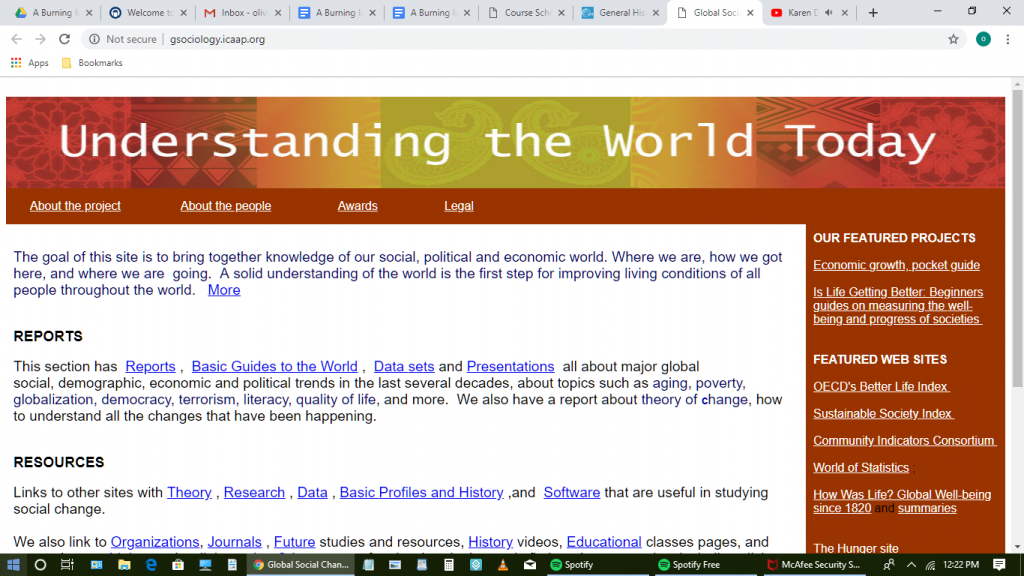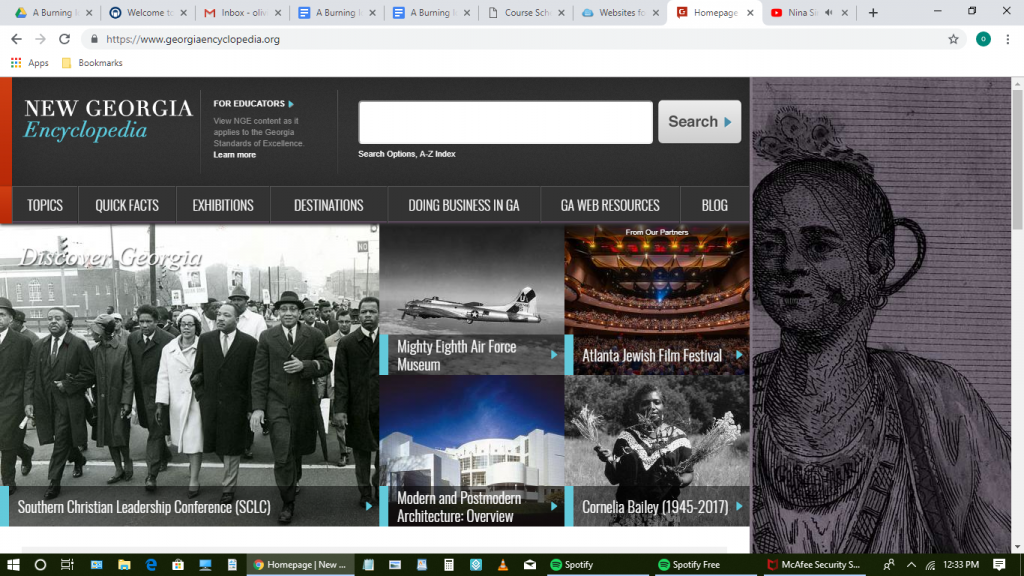We have a finished website! Building our project site has been a long and challenging process, but I am extremely satisfied with our final product. Thank you again to everyone who helped get us to this point, we couldn’t have done it without your support!
Statement of Purpose
The intent of this project will be to explore the interplay between the 2006-2007 Gwinnett County, Georgia challenge to J. K. Rowling’s Harry Potter series and the entrenchment of the Religious Right in the United States from 1970-Present, with an emphasis on broad perceptions of the alternative religion, Wicca. The project will be intended for a general audience, and both user engagement and accessibility will be prioritized.
In order to keep the rise of the Religious Right and Wicca as “real witchcraft” at the forefront of our site, we made sure to incorporate ideas from one or both of these perspectives in each of our primary sections. In “‘Real Witchcraft’ in the 21st Century” we feature a detailed analysis of the identity and beliefs of the Religious Right and the history, perception, and practices of Wicca. This context is then worked into our analysis of the Harry Potter series as a whole and the Laura Mallory case in particular. In the section “Harry Potter in the United States,” we discuss religious belief and fear of witchcraft as the reason why the books are so heavily contested within the United States. In the “Cases” section, we link religious conservatism and belief in demonic possession in the region to a lack of local response to Mallory’s claims, as well as reasoning for Mallory’s choice to challenge Harry Potter in the first place. The “Significance” page wraps up our thoughts on the case in relation to these big-picture ideas through a Genially infographic highlighting important case questions and answers created by both Avery and myself. By working these elements into every section of our website, we hope to convey a cohesive project rooted in a study of the 21st Century rise of the Religious Right and fear of the occult.
We also honor our statement of purpose by prioritizing user engagement and accessibility. Our use of tools such as Genially, TimelineJS, and StorymapJS allow viewers to explore data in a fun, creative way. We also use embedded pdfs, embedded websites, and metaslider presentations to break up text and create visually compelling pages. All of these tools are user-friendly and encourage accessibility. We also encourage accessibility through our incorporation of embedded links on every page. For external links, this system allows users to look further into a fact as soon as they read it. Additionally, internal links provide an alternative method of navigation to our main navigation bar. We also provide a separate “resources” section dedicated to housing additional articles relating to our project and PDF transcripts of our full interviews with Dr. Lisa Eickholdt and Mr. Dana Kling. With its own location on our main navigation bar, the resources section is both easy to find and easy to use.
Conclusion
The idea we hoped to set up in our project contract and explore in the project itself is that of personal belief and fear of the unknown as a driving force in censorship debates, which we believe we have achieved in “Laura Mallory and the Forbidden Book: Harry Potter, Censorship, and ‘Real Witchcraft’ in Gwinnett County, Georgia.’” We hope you enjoy the final GCSU project site as much as we do!


